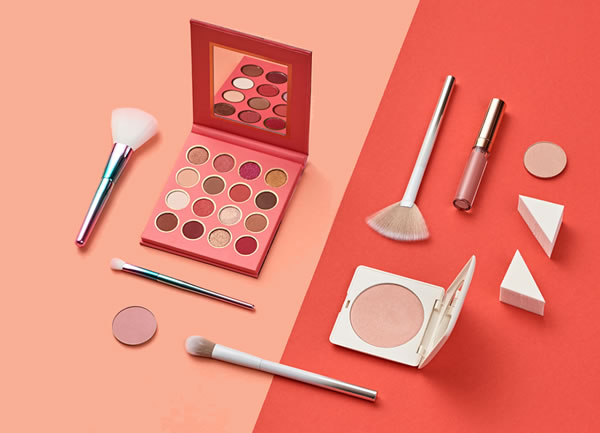You may have read stories that the US Food and Drug Administration (FDA) is looking into how effective the preservative Triclosan is in antibacterial cleansing products. The research leading to the FDA action is not new and has already been evaluated under the system of European laws that govern the safety of cosmetic products. The results confirm that Triclosan is a safe and effective antibacterial agent for use in certain kinds of cosmetic products. Some reports suggest Triclosan may have hormonal (endocrine) effects, but there is no evidence to suggest this can happen.
- Home
- Science of cosmetics
- A-Z of terms and ingredients

- Understanding our skin

- How do baby products work?

- How do deodorants work?

- How do hair products work?

- How does hair work?
- How do I stay safe when dyeing my hair?
- Can I develop an allergy from hair dye?
- Can I dye my hair while I'm pregnant?
- How does hair dye work?
- How does shampoo work?
- How does conditioner work?
- How do beard products work?
- How does beard oil work?
- Colour well colour wise
- Colour with confidence
- How does make-up work?

- How do nail products work?

- How do oral care products work?

- How do perfumes work?

- How do skincare products work?

- How do sunscreens work?

- A-Z of terms and ingredients
- Are cosmetics safe?
- How do I know my cosmetics are safe?

- Are there any toxic ingredients in cosmetics? No!

- Will I get cancer from using cosmetics? No!

- Will I get an allergy from cosmetics?

- What's wrong with black henna?

- Can I use cosmetics if I am living with diabetes?

- Can I use cosmetics when breastfeeding? Yes!

- Can I use cosmetics while pregnant? Yes!

- Should I care about counterfeiting? Yes!

- How do I know my cosmetics are safe?
- Cosmetic laws & regulations
- Story of cosmetics
- Sustainable cosmetics
- News

